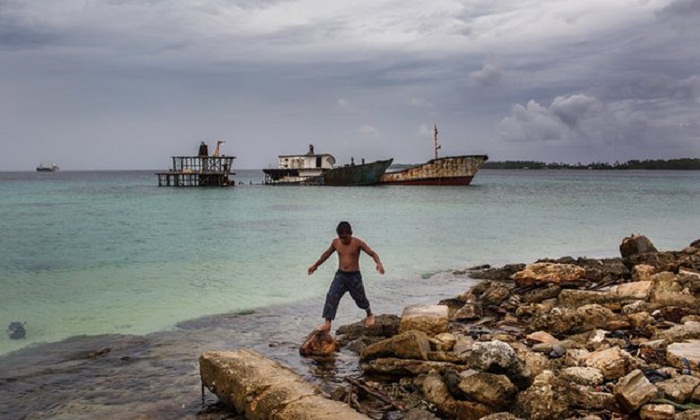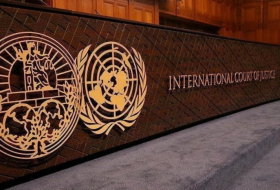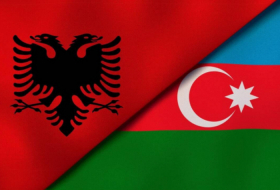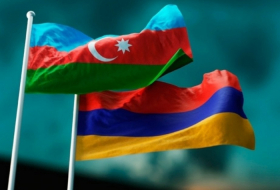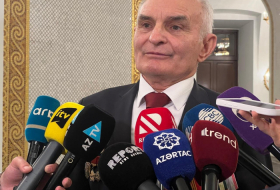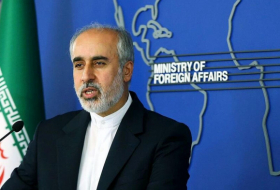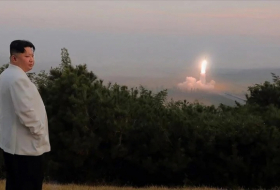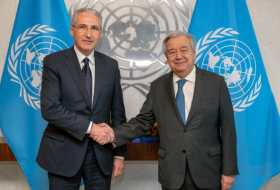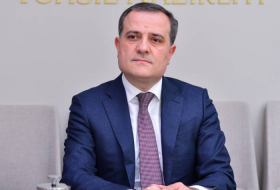In the face of such an existential threat, the country has also seen a mass exodus of its inhabitants: exact numbers are unclear, but anything between one-fifth to one-third of the population has migrated visa-free to places like Hawaii, the Pacific Northwest and other parts of the US under an agreement called the Compact of Free Association. Northwest Arkansas alone saw an increase of nearly 300% in its Marshallese population between 2000 and 2010.
Some young Marshallese, however, are choosing to return after years living abroad, drawn back by the desire to help their homeland confront its challenges.
Some are attracted by generous education grants: Marshallese students receive loans for overseas education that are converted to grants when students return to the country to work in the public or private sector for one year of each two years of support.
That’s what brought back 26-year-old Yoshiko Capelle and her husband Jesse, 28, after four years study political science at the University of Hawaii. Jesse said returning to the capital Majuro with their two young children has been “bitter-sweet”.
Majuro’s crowded conditions and eroding coastlines required some getting used to, but a network of family support and world-class fishing and diving made their return easier, he said.
When Jamal Reimers, 39, moved to the US in 1997, the Marshall Islands were gripped by drought. After years living in Oregon, Arkansas and Idaho, Reimers returned to Majuro in 2015 with his two oldest children; his wife and two youngest remain in Idaho.
“I knew climate change had impacted my land but came back regardless,” said Reimers, who added that he returned to “give back – and [to] fight until we can’t fight [any] more.” Today Reimers manages the family business – a commercial water bottling company that treats sea water using reverse osmosis.
Dustin Langidrik, 28, was born in Hawaii and studied in Fiji before returning to the Marshall Islands.
Today he works with the University of the South Pacific building solar desalination water purification units on remote atolls using man-made materials and locally available plants.
“I know there’s a lot of people who don’t seem to understand the situation we are in,” he said. “Climate change is real. It is not a joke. It’s really taking a hard toll on people’s life.”
Marshall Islands’ president, Hilda Heine, acknowledges the threat of outbound migration, which is also fueled by high unemployment, stressed infrastructure and public service and housing shortages.
Many islanders leave in search of medical treatment for conditions caused by the aftereffects of US nuclear tests on nearby Bikini and other atolls. Cancers and associated lifestyle diseases like diabetes strain this remote but urbanized nation of around 60,000.
But Heine displays the stubborn optimism of a pioneer among her people. She was the first Marshallese citizen to earn a PhD, she served as education minister and in 2016 was elected the first female head of state of a Pacific island nation.
“No country wants to see its talent migrate,” she says. “We’re hopeful that Marshallese will want to return home to make a difference after they’ve become educated and skilled overseas.”
Heine knows the power of investing in education. In 1993 she temporarily relocated to Hawaii to provide her children with a strong academic upbringing.
Heine’s own daughter, 29-year-old Kathy Jetnil-Kijiner, returned to Majuro in 2014 to fulfill her education grant obligation. Today Jetnil-Kijiner has a master’s degree in education and teaches at the College of the Marshall Islands.
Along with fellow returnee Milañ Loeak, Jetnil-Kijiner is co-director of Jo-Jikum, a non-profit fostering youth leadership and activism seeking solutions to climate change.
Jetnil-Kijiner says it’s presumptuous to assume that the islands are doomed. “It’s frustrating because [journalists] are looking for this sensational story of people fleeing islands that are becoming remote and empty,” she says, adding that not all Marshallese have accepted the role of climate refugees.
According to Jetnil-Kijiner, Marshallese migration is essentially the same as in other parts of the world – the search for new opportunities, a better way of life or the desire to be near family.
Jetnil-Kijiner – who is recognized for her poetry as much as her activism – rejects the idea that her people are ready to give up on their homeland.
In a 2011 poem entitled Tell Them she wrote, “Tell them we don’t want to leave. We’ve never wanted to leave. And that we are nothing without our islands.”
More about:








